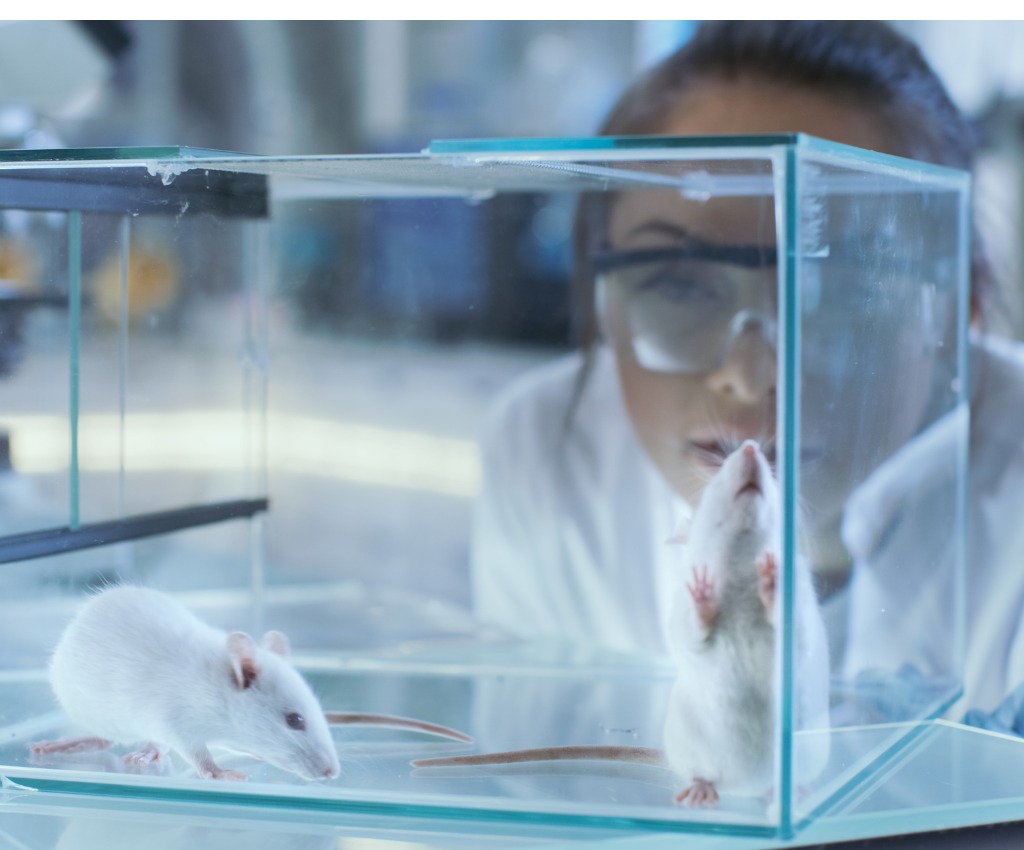
Gene Editing Reduces Anxiety-Related Behavior in Mice
June 29, 2023| |
Scientists have produced a noninvasive technique of delivering CRISPR-Cas9 to the brain of mice, which knocks out a gene related to anxiety and depression.
Therapeutic agents have difficulty accessing the brain due to a blood-brain barrier (BBB) that prevents substances from entering the brain via blood. To help with this issue, the researchers from Boise State University and Cognigenics conducted an intranasal delivery of CRISPR-Cas9 to check if it could cross the blood-brain barrier and knock out the HTR2A gene. The HTR2A gene modulates the availability of serotonin and regulates mood.
A low amount of serotonin has been implicated in depression and anxiety. With the successful noninvasive delivery of CRISPR-Cas9, the BBB was bypassed, and the neuronal HTR2A receptor pathways were modulated. The results of the study offer a foundation for creating innovative therapeutic strategies for different neurological disorders.
Check out the journal article in PNAS Nexus for more information.
| |
You might also like:
- Pocket K No. 55: Biotech-improved Animals
- Researchers Find CRISPR-Cas9 Gene Editing Approach Alters the Social Behavior of Animals
- New Gene Editing Technology Cures Blood Disorder in Mice
Biotech Updates is a weekly newsletter of ISAAA, a not-for-profit organization. It is distributed for free to over 22,000 subscribers worldwide to inform them about the key developments in biosciences, especially in biotechnology. Your support will help us in our mission to feed the world with knowledge. You can help by donating as little as $10.
-
See more articles:
-
Plant
- Current State and Opportunities for Biotechnology in International Trade and Technology Transfer
- Computer Scientists Sequence Genome of African Domesticated Cotton
- Targeted Mutagenesis by CRISPR Improves Grain Quality and Heat Resilience in Rice
- ISAAA Inc. to Hold ASCA6 on September 11-15 in Indonesia
-
Animal
- Gene Editing Reduces Anxiety-Related Behavior in Mice
- Animal Biotechnology Symposium and Stakeholder Consultation
- ISAAA Launches Animal Biotech Resource Page
-
Food
- Cultivated Chicken from GOOD Meat and UPSIDE Foods Receive Full Approval from USDA
-
Environment
- ISAAA and DA Biotech Release New Resources on Biotech in the Philippines
-
Read the latest: - Biotech Updates (February 18, 2026)
- Gene Editing Supplement (January 28, 2026)
- Gene Drive Supplement (February 22, 2023)
-
Subscribe to BU: - Share
- Tweet

